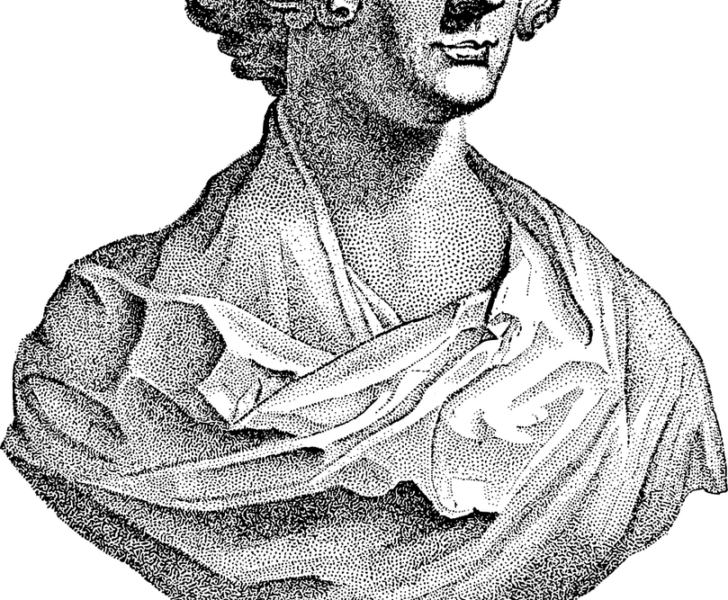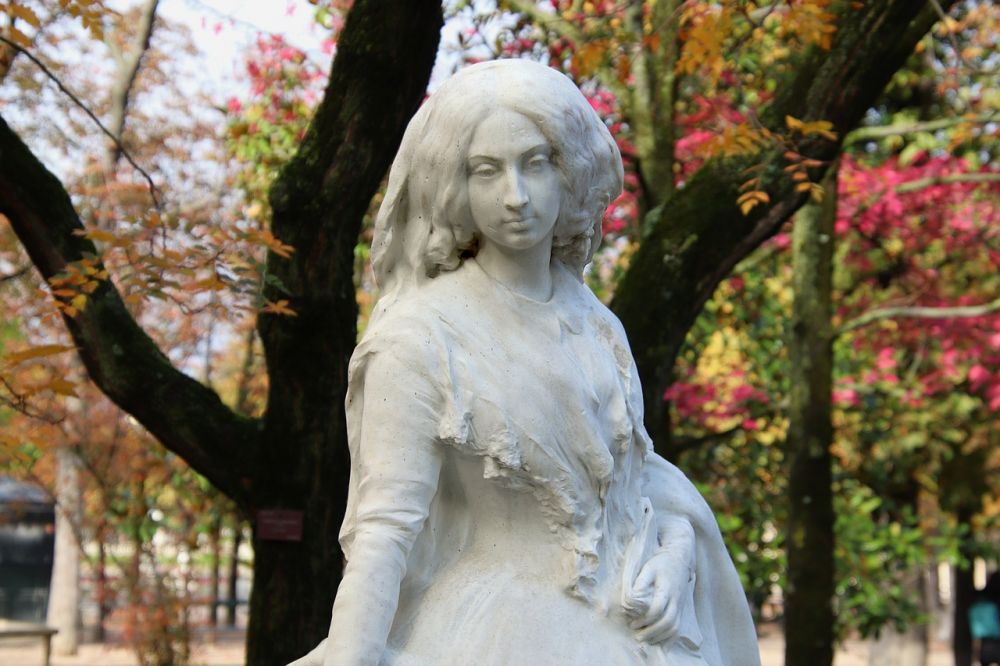Homers Odyssey: A Timeless Epic

Introduction
“Homer’s Odyssey” is one of the most renowned and captivating literary works of all time. This epic poem, attributed to the ancient Greek poet Homer, has captivated readers for centuries with its enthralling storyline, heroic characters, and timeless themes. In this article, we will explore the significance and historical development of “Homer’s Odyssey,” providing valuable insights and essential knowledge for those interested in this topic.
Understanding Homer’s Odyssey

Homer’s Odyssey recounts the arduous journey of the Greek hero, Odysseus, as he attempts to return home after the Trojan War. Epic in scope and filled with fantastical adventures, the poem takes readers on a voyage through various mythological settings, portraying Odysseus’ encounters with gods, monsters, and otherworldly creatures.
One of the standout features of “Homer’s Odyssey” is its exploration of fundamental human experiences and emotions. Through Odysseus’ struggles, the poem delves into themes such as perseverance, temptation, loyalty, and the nature of home. It offers readers a profound reflection on the human condition, reminding us of the enduring power of storytelling and the universal nature of the human experience.
Historical Development of Homer’s Odyssey
The origins of “Homer’s Odyssey” are shrouded in mystery, and scholars debate its precise composition date. However, it is generally believed to have been written in the 8th century BCE, making it one of the earliest recorded works of Western literature. The poem, together with its predecessor, “The Iliad,” played a crucial role in shaping ancient Greek culture and society.
Over time, “Homer’s Odyssey” underwent various adaptations and reinterpretations, leaving an indelible mark on the literary world. Translations and retellings of the poem emerged in different languages and cultures, enabling wider accessibility to its timeless themes. Its influence can be observed in subsequent literary traditions, where elements of the epic are often echoed in various narratives.
Structuring the Text for Featured Snippet Optimization
To optimize the chances of being featured as a snippet on Google searches, the following structured format is employed:
Title:
Subtitle 1: Introduction
Subtitle 2: Understanding Homer’s Odyssey
Subtitle 3: Historical Development of Homer’s Odyssey
Subtitle 3.1: Origin and Composition
Subtitle 3.2: Influence and Adaptations
Subtitle 4: The Universal Appeal of Homer’s Odyssey
Subtitle 4.1: Themes Explored
Subtitle 4.2: Enduring Legacy
The Target Audience and the Tone of Voice
The target audience for this article is art enthusiasts and collectors who appreciate the significance of ancient literary works. The tone of voice employed throughout the text will be informative, presenting facts, analysis, and insights to engage the readers and foster a deeper understanding of “Homer’s Odyssey.”
Conclusion
“Homer’s Odyssey” stands as a testament to the enduring power of epic storytelling. Through its captivating narrative and exploration of fundamental human experiences, the poem continues to resonate with readers worldwide. This article has provided an extensive overview of “Homer’s Odyssey,” delving into its historical development, significant themes, and lasting impact. As we reflect on the epic’s timeless appeal, we are reminded of the profound impact that great works of art can have on individuals and societies throughout the ages.











